Environmental Activities
Environmental Initiatives | Environmental Protection Goals | Climate Change Initiatives | Conserving Water | Waste Reduction Efforts | Chemical Substance Use | Eco-Product Initiatives | Eco-Communication Initiatives | Biodiversity Conservation Activities | Environmental Data and Third-Party Verification
Biodiversity Conservation Policy and Activities
Renesas' business sector, semiconductors, requires large amounts of water, resources, and energy for manufacturing, and relies heavily on various ecosystem services provided by biodiversity. However, in recent years, the Worldwide Fund for Nature (WWF) has reported that the "index of the health of nature and biodiversity (the Living Planet Index)" has declined by 69% over the 48 years since 1970. The health of ecosystem services has deteriorated significantly.
We are aware of this situation and have included biodiversity conservation in our Environmental Action Guidelines. In accordance with these guidelines, we conduct corporate activities that promote the harmony between the global environment conservation and people's healthy lives and strive to realize a sustainable society. Although we do not conduct business activities that directly affect biodiversity or lead to deforestation, we are working to protect the environment, including forests, through activities such as water conservation and greenhouse gas emission reduction, mainly at our manufacturing sites.
Renesas' policy is to actively promote business activities that contribute to biodiversity conservation, such as the efficient resources use at manufacturing and business sites and the provision of sustainable products and solutions. we would like to give the benefits from ecosystem services back to our local communities, while meeting our customers’ needs. Renesas is always aware that biodiversity is an important concept that supports a rich and healthy society and is actively engaged in activities that contribute to the conservation of biodiversity through our business activities.
*Living Planet Report 2022 - To Build a Nature-Positive Society - | WWF Japan
Renesas Biodiversity Conservation Initiatives
Renesas Biodiversity Conservation Activities
The following two points summarized our achievements in 2023 and the activities planned for 2024 and onwards.
- Renesas is conducting various biodiversity conservation activities primarily at its global manufacturing bases. To enhance visibility of these activities, starting from 2023, Renesas initiated activity evaluations using "Renesas'self assesment Scorebook," initially focusing on its manufacturing bases in Japan. In 2024, marking the second year of evaluation, the scope was expanded to include manufacturing sites outside Japan. Renesas will continue conducting evaluations using the Scorebook to facilitate continuous improvement in biodiversity conservation activities and to promote their activation.
- Renesas began disseminating information internally and externally about its biodiversity conservation efforts during the Environmental Month in June. Renesas will continue to communicate its activities to both internal and external stakeholders in the future.
Renesas Biodiversity Conservation Activity Index and Scorebook
In order to evaluate the biodiversity conservation activities of each manufacturing base and business site in global, Renesas has classified biodiversity conservation activities into four categories as next. A. Conservation of ocean and water quality, B. Conservation of soil and natural environment, C. Ecosystem protection through global warming control and resource conservation activities, D. Collaboration with local governments/activities in the main business/employee awareness raising/improving the work environment.
In the scorebook, a total of 13 items are set as activity indicators for biodiversity conservation based on specific activities, with reference to the international goals of the United Nations Conference of the Parties to the Convention on Biological Diversity (CBD-COP) for the four categories. Each indicator is evaluated on a 4-level scale**
**Evaluated from 0 to 3 points for each indicator, such as whether activities are being implemented or not, administrative standards, etc.
| Activity classification (4 classifications) | Biodiversity activity index (13 items) |
|---|---|
| A. Conservation of ocean and water quality | Coastal, river, and water source cleanup activities |
| Cleaning around the site (prevention of contamination of water areas with plastics, etc.) | |
| Drainage measures to public water areas | |
| B. Conservation of soil and natural environment | On-site green areas where birds, insects, and fish can live |
| Cultivation of trees off-site such as tree planting and thinning | |
| Groundwater recharge, conservation of forests and soil | |
| Protection and cultivation of endangered species | |
| C. Ecosystem protection through global warming control and resource conservation activities | Contribution to an energy-saving, decarbonized society |
| Holding discussions on energy conservation and decarbonization | |
| D. Coordination with local governments, activities in the main business, employee awareness raising, improving the work environment | Coordinating biodiversity activities with local governments |
| Contribution in core business (procurement to disposal process) | |
| Improving employee awareness of biodiversity | |
| Improving the working environment with the intention of preserving biodiversity |
Renesas Biodiversity Conservation Activity Results
In fiscal 2023, Renesas implemented 120 biodiversity conservation activities, mainly at manufacturing sites.
Unit: number of Activities
| Renesas (14 manufacturing sites, one office) | A. Ocean and water quality conservation | B. Conservation of soil and natural environment | C. Ecosystem protection through global warming control and resource conservation activities | D. Cooperation with local governments, activities in the main business, employee awareness raising, improving the work environment | Total |
|---|---|---|---|---|---|
| Production sites | 29 | 22 | 23 | 39 | 113 |
| Offices | 2 | 1 | 2 | 2 | 7 |
| Total | 31 | 23 | 25 | 41 | 120 |
Major Activities in FY2023
A. Conservation of ocean and water quality
Conservation of the ocean and water quality is essential for the semiconductor manufacturing industry, which requires large amounts of water resources. Renesas strives to preserve ocean and water quality through regular cleaning of industrial drainage channels and participation in community cleanup volunteers.
At factories near the coastline, we conduct beach cleanup activities together with local residents.
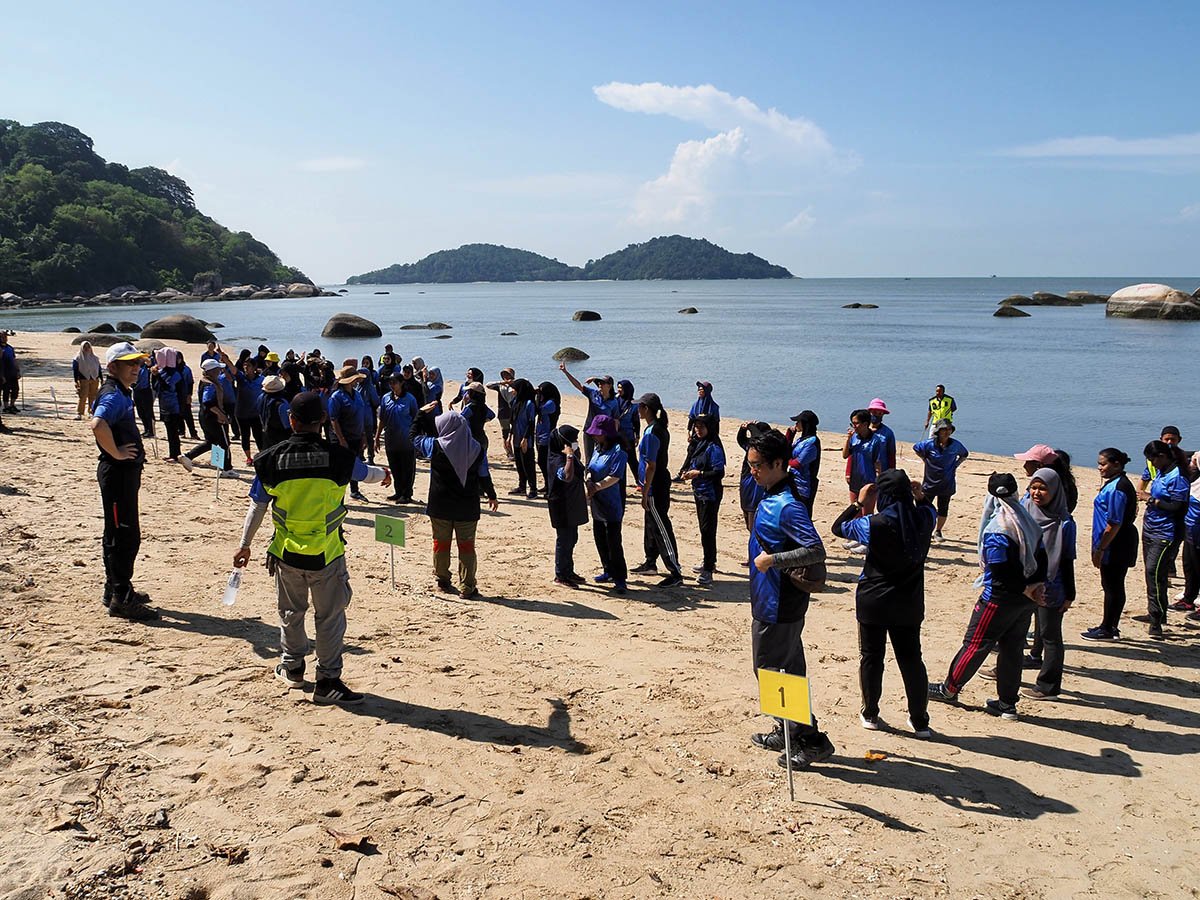
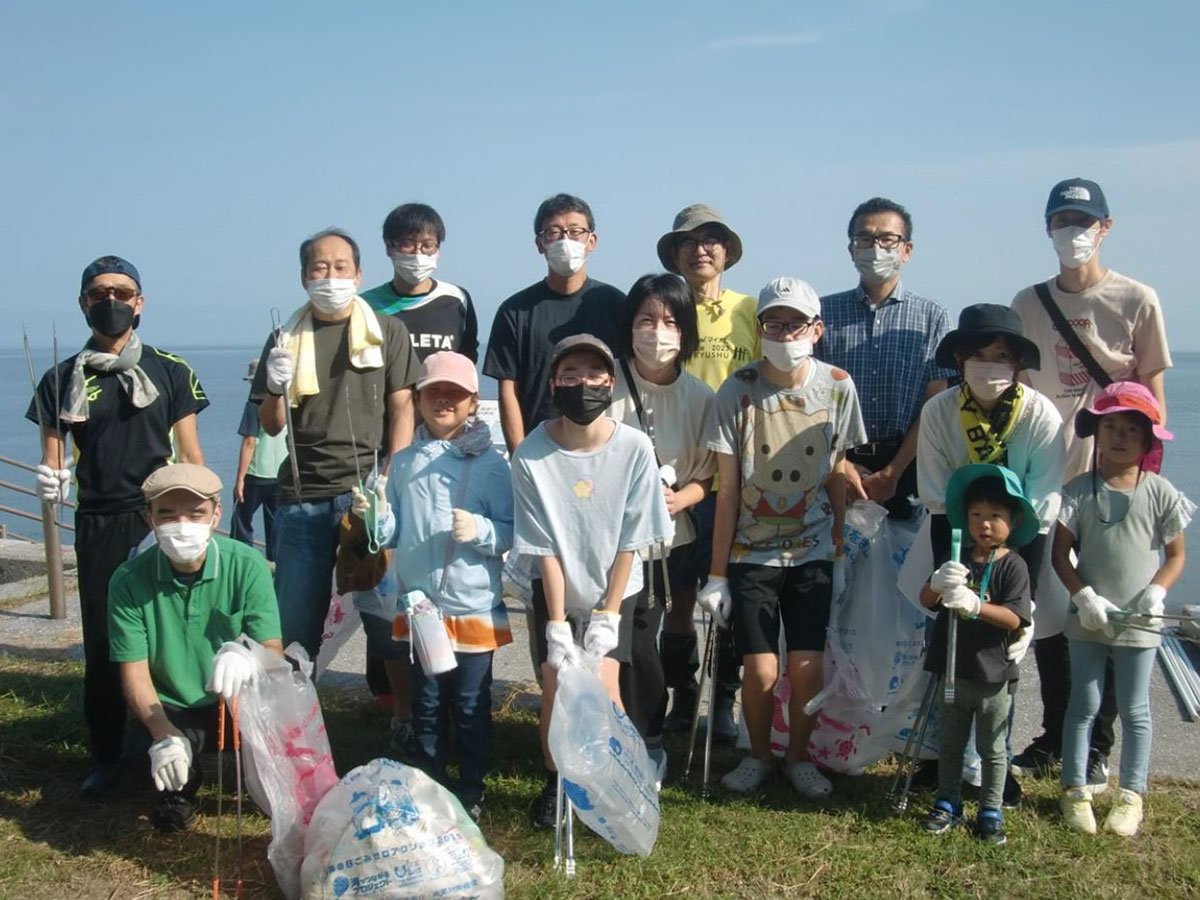
At Nishiki factory and two factories in Malaysia, which are close to irrigation canals, carry out regular drainage cleaning activities.
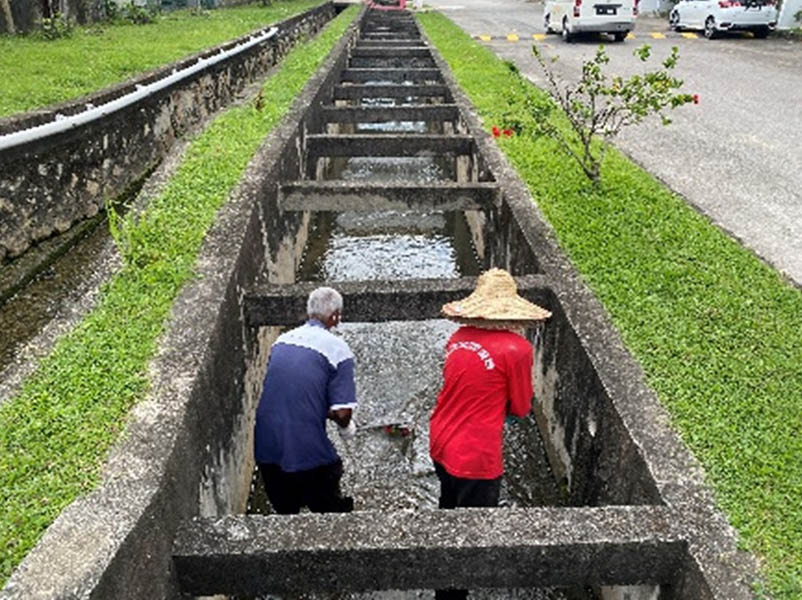
Renesas also actively engaged in beautification activities around the factory grounds.
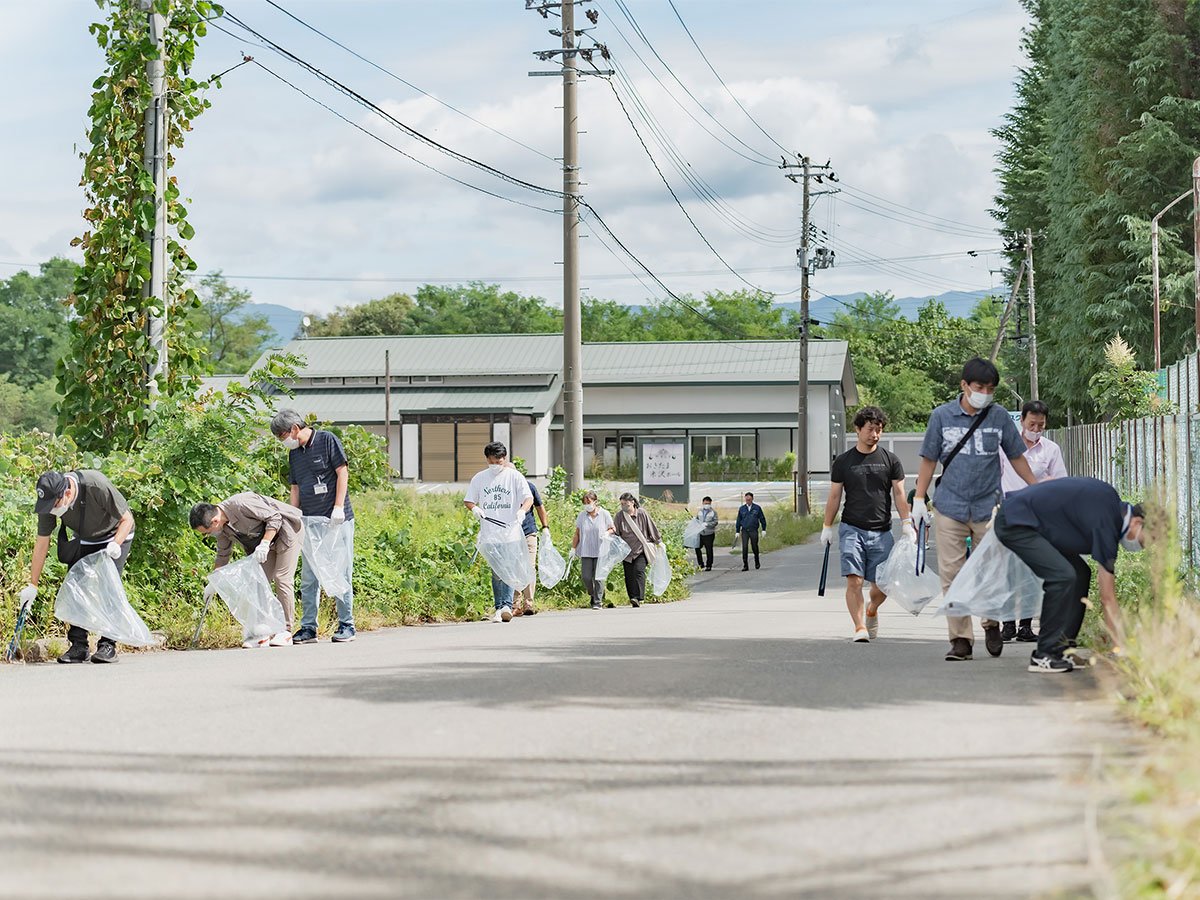
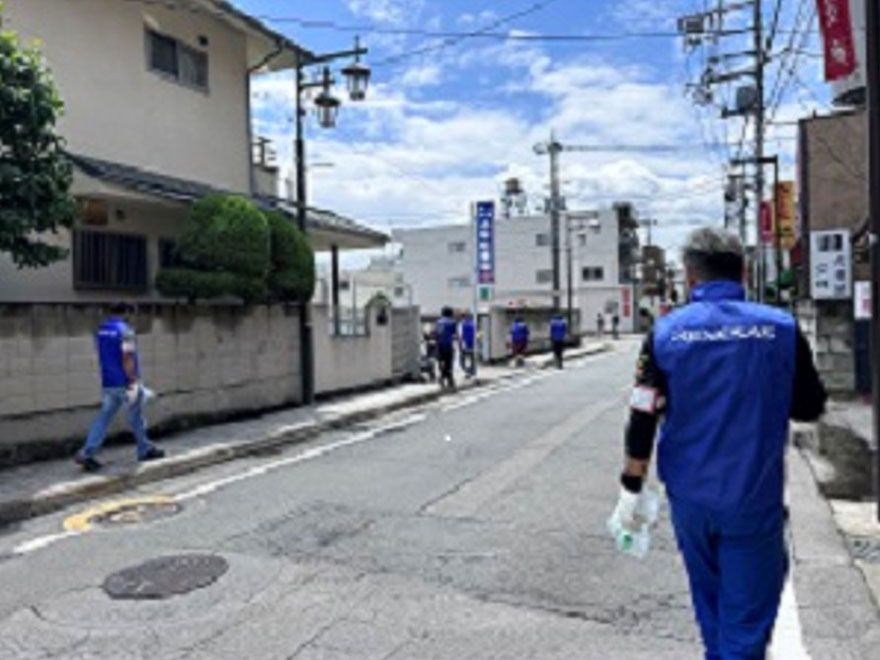
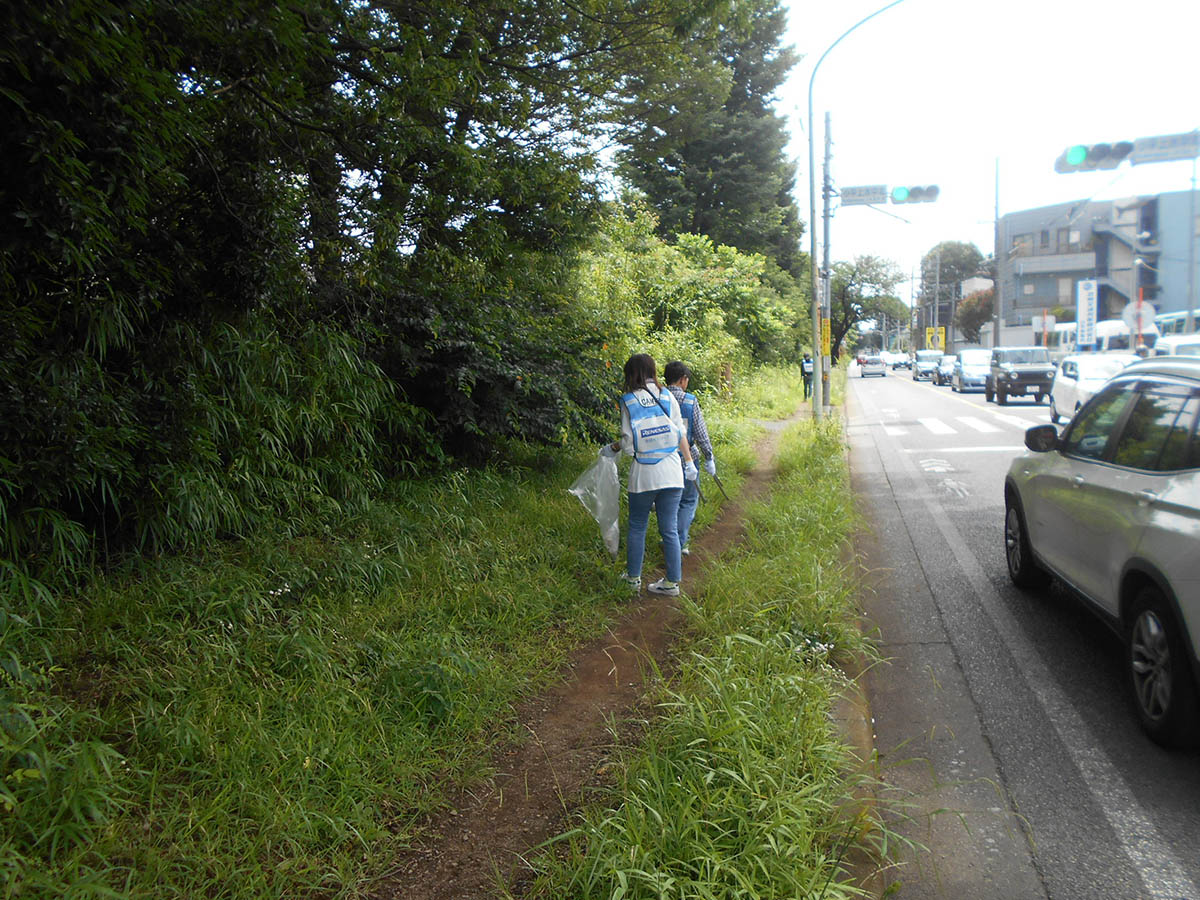
B. Conservation of soil and natural environment
In order to build a healthy living environment and sustainable future, the preservation of rich soil, trees, and the diverse organisms nurtured therein is essential. Renesas' facilities scattered throughout various regions engage in activities closely tied to each local community.
Two factories located near the coast of Penang Island are involved in coastal protection and endangered species conservation activities.
Mangroves reduce shoreline erosion, purify water, and preserve habitat for marine life.
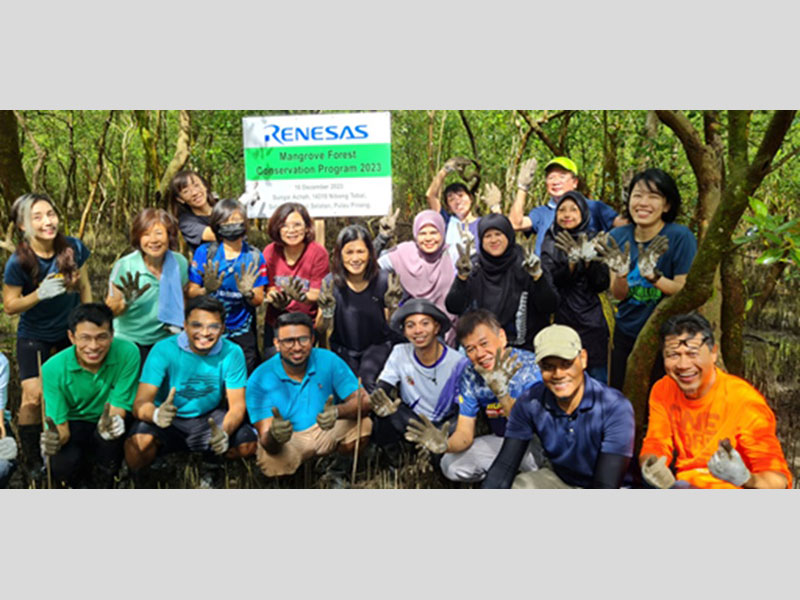
The population of sea turtles has declined due to habitat loss and marine debris, and they are now registered as an endangered species.
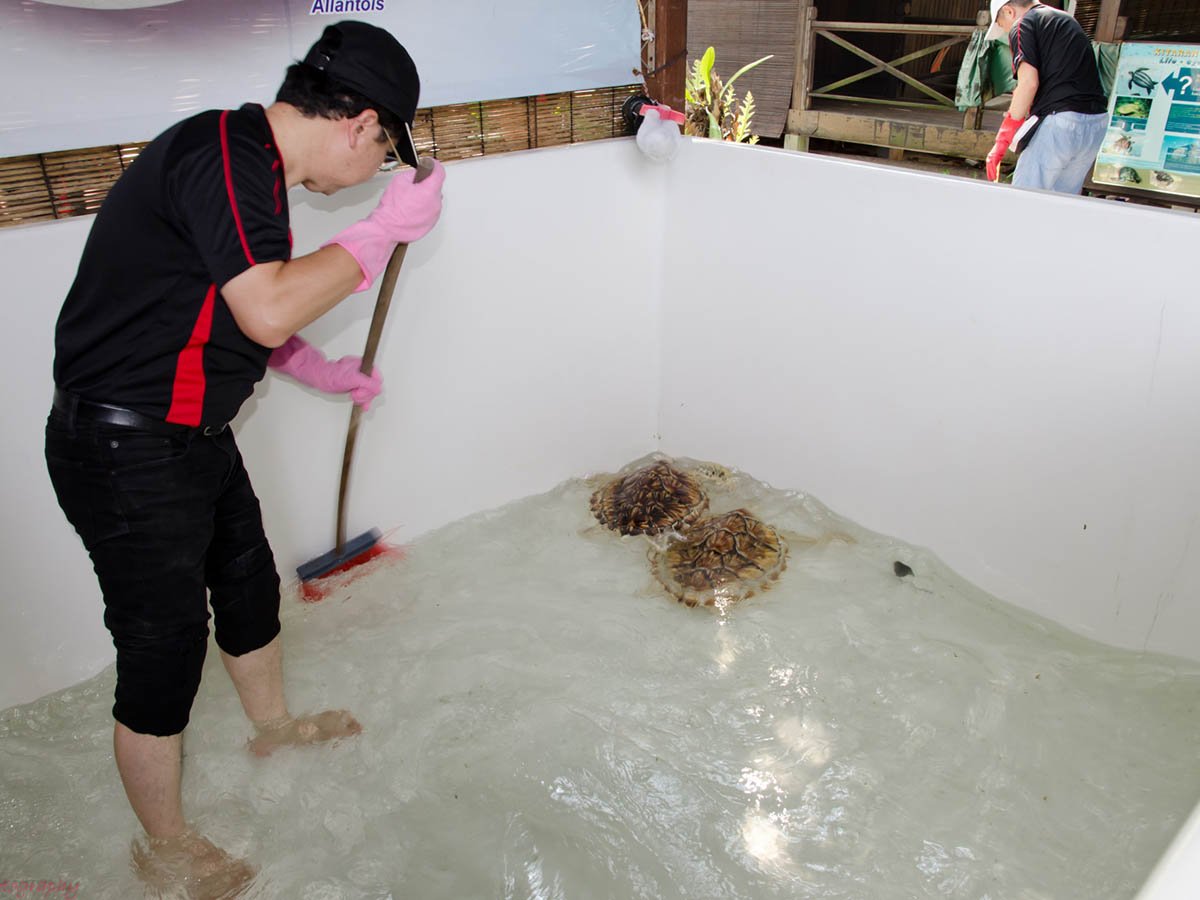
Kawajiri factory, located in Kumamoto City, which has abundant groundwater, has been participating in the water offset business for many years.
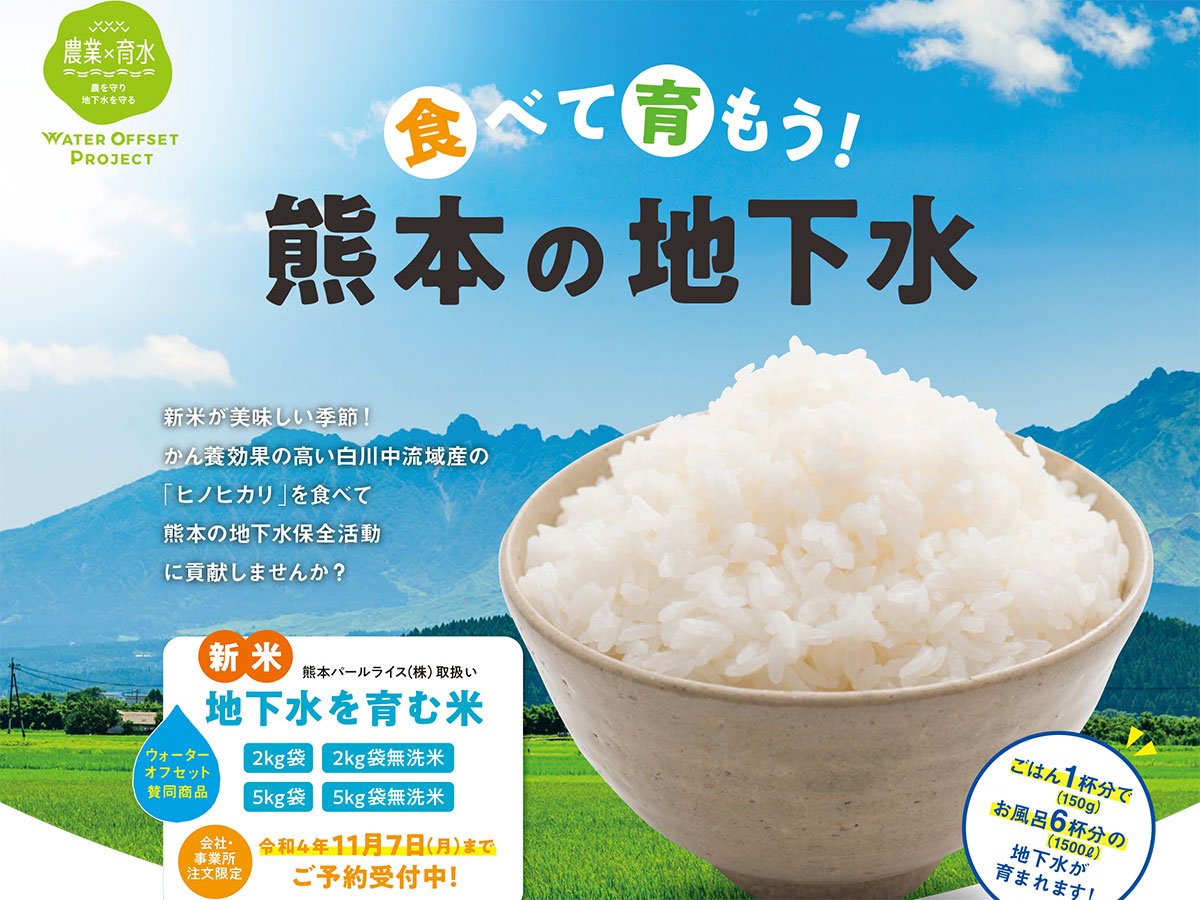
The Tsukushiibara, the town flower of Nishiki-cho, Kumamoto Prefecture, was once listed as endangered, but thanks to successful conservation efforts, its population has recovered to the point where it has been relisted as a near-threatened species.
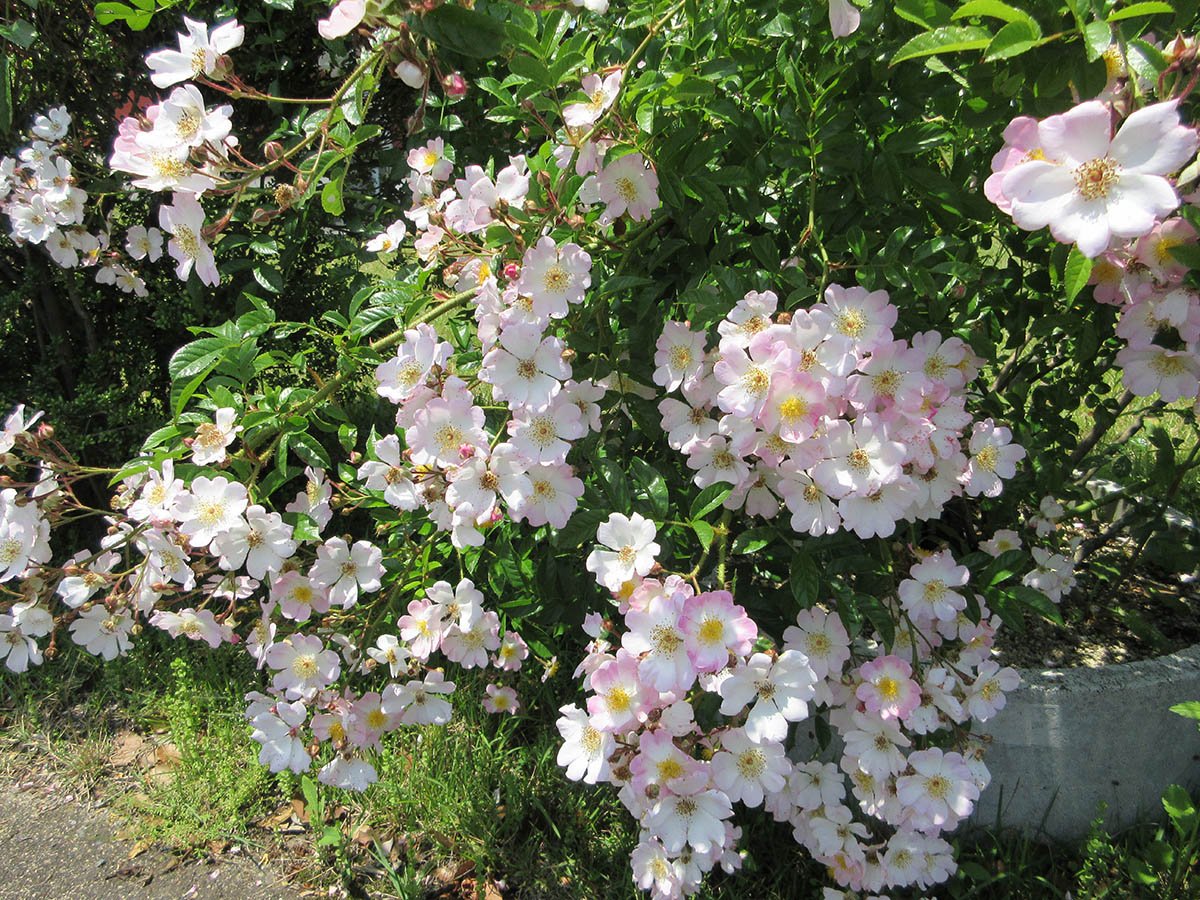
C. Ecosystem protection through global warming control and resource conservation activities
Renesas recognizes that efforts to curb global warming and conserve resources are urgent issues to protect the ecosystem. Working to solve environmental issues from a variety of perspectives, from updating equipment to more energy-saving equipment, introducing highly efficient lines, purchasing green electricity, and saving electricity in the workplace.
By switching boiler fuel from kerosene to LNG, we were able to reduce CO2 emissions by 714t-CO2 per year.
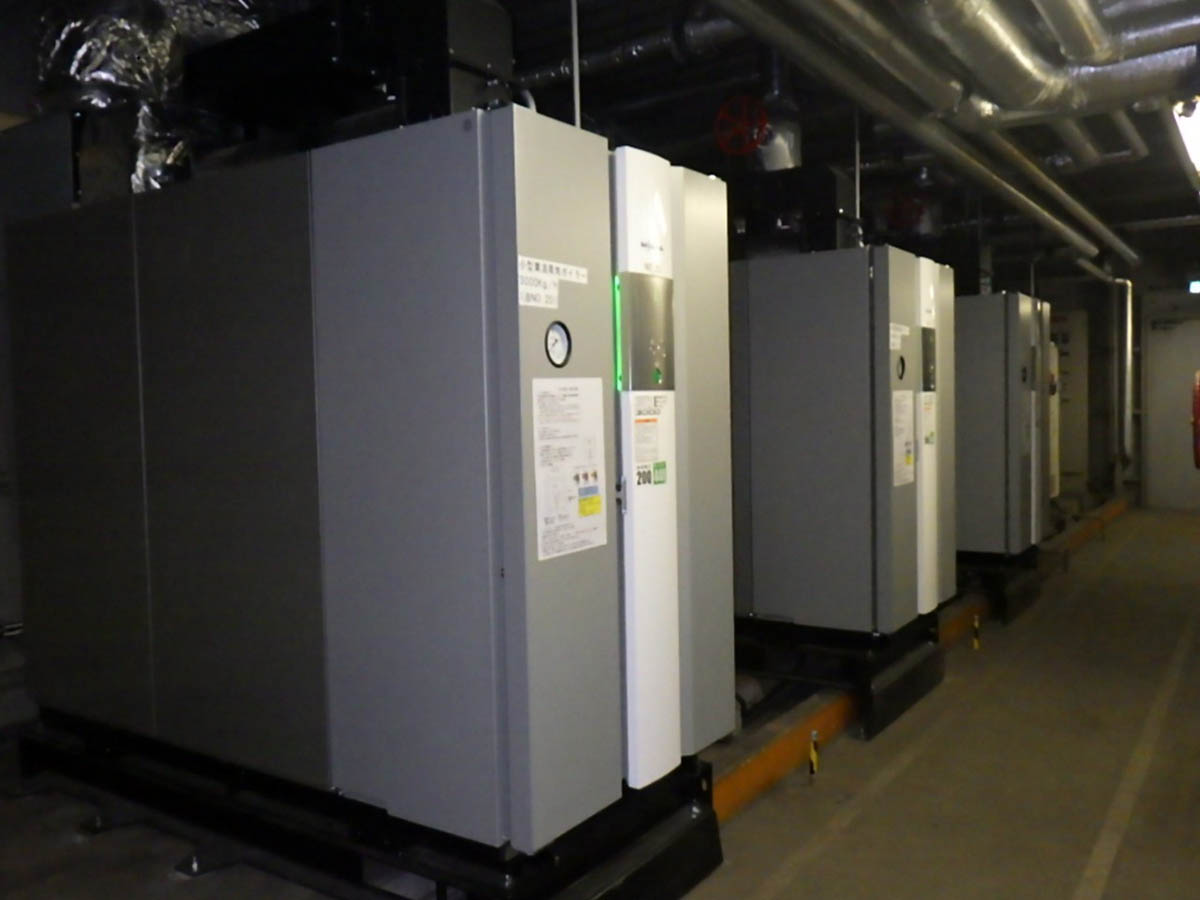
Carrying out activities to encourage employees to use public transportation and company-owned buses.

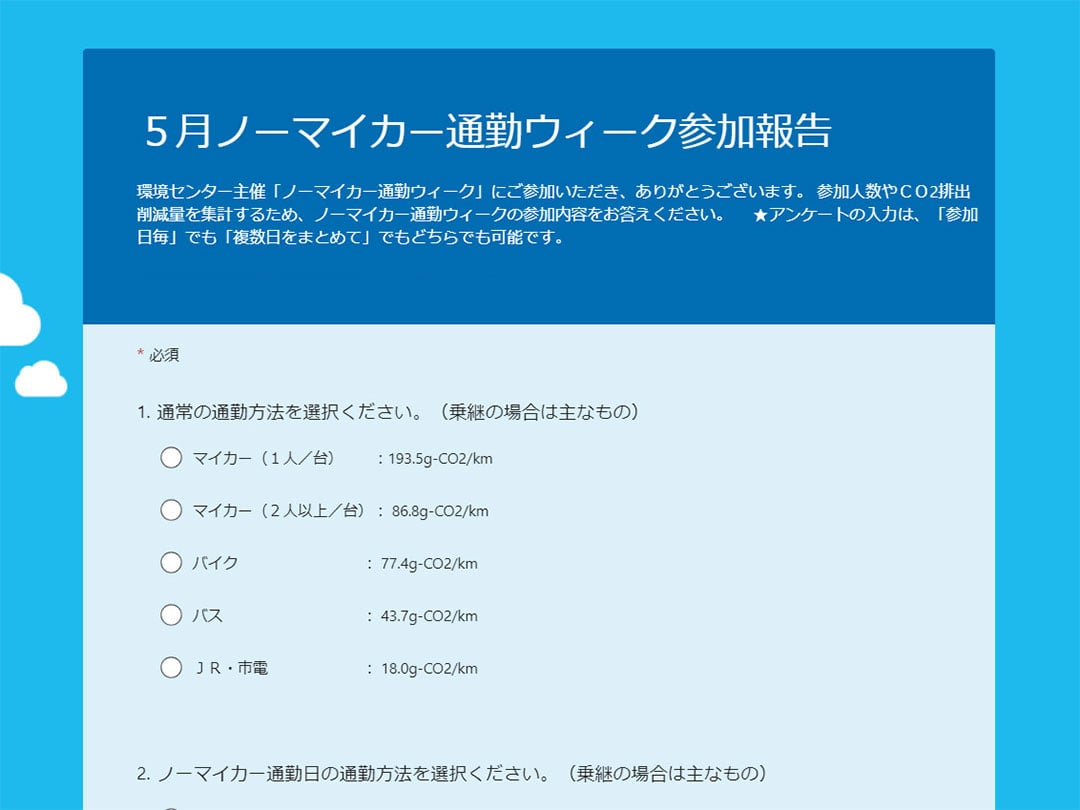
Actively engage in discussions and exchanges of opinions regarding energy and resource conservation not only within the company but also with local governments and related companies.
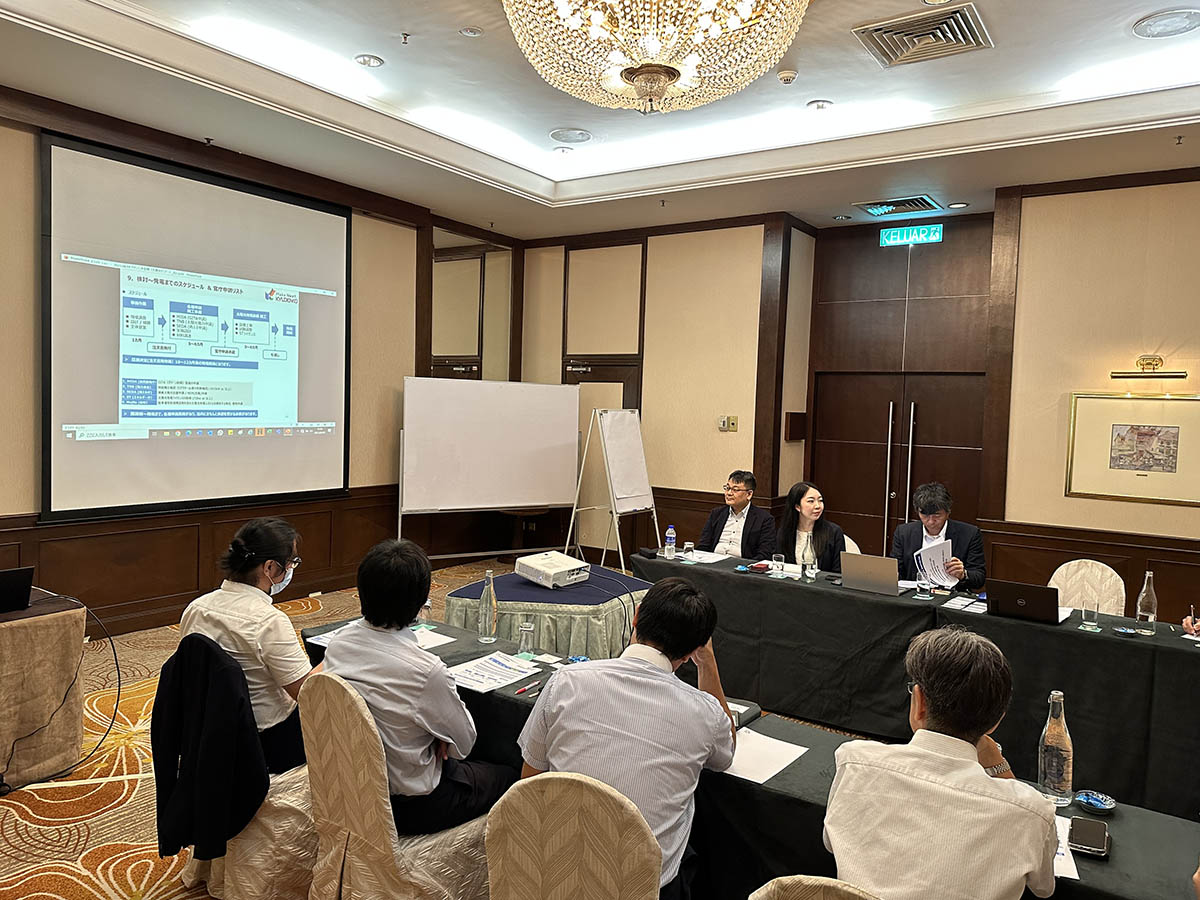
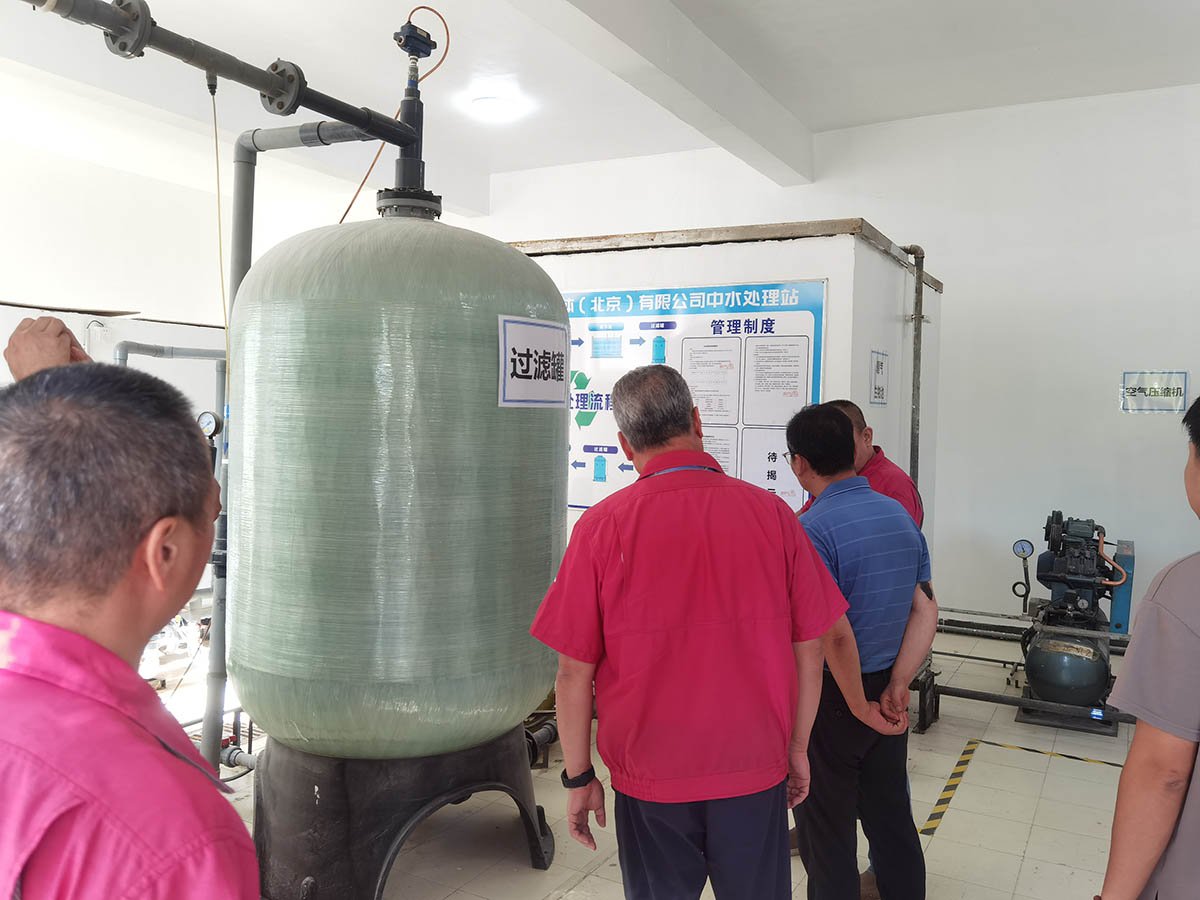
D. Coordination with local governments, activities in the main business, employee awareness raising, Improving the work environment.
Actively cooperate with local governments where our manufacturing bases are located in their efforts to address
Palm Bay Factory partners with the city to supply the city with 30㎥ of recycled water per day.
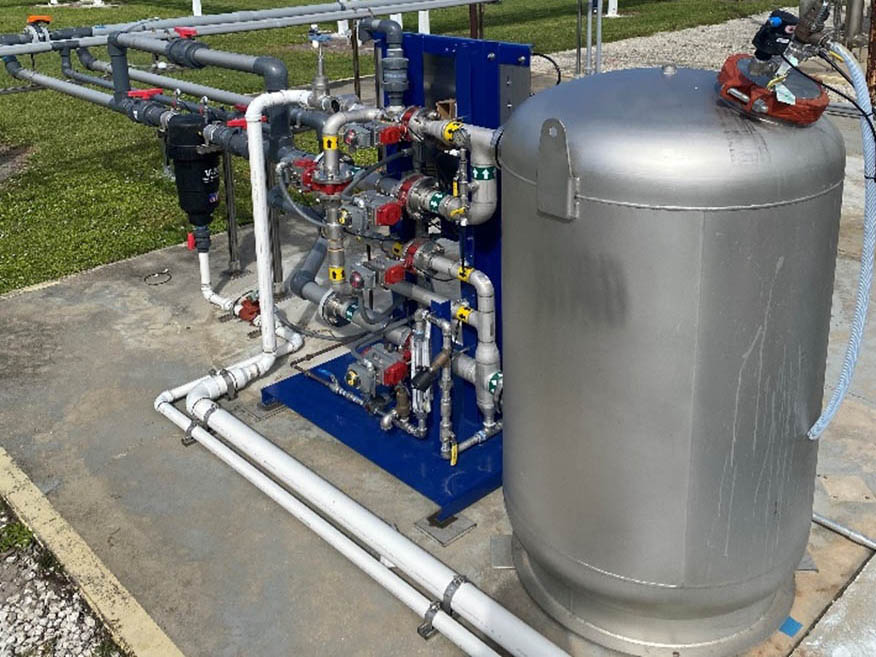
Kuala Langat Factory is participating in initiatives to realize a low carbon society.
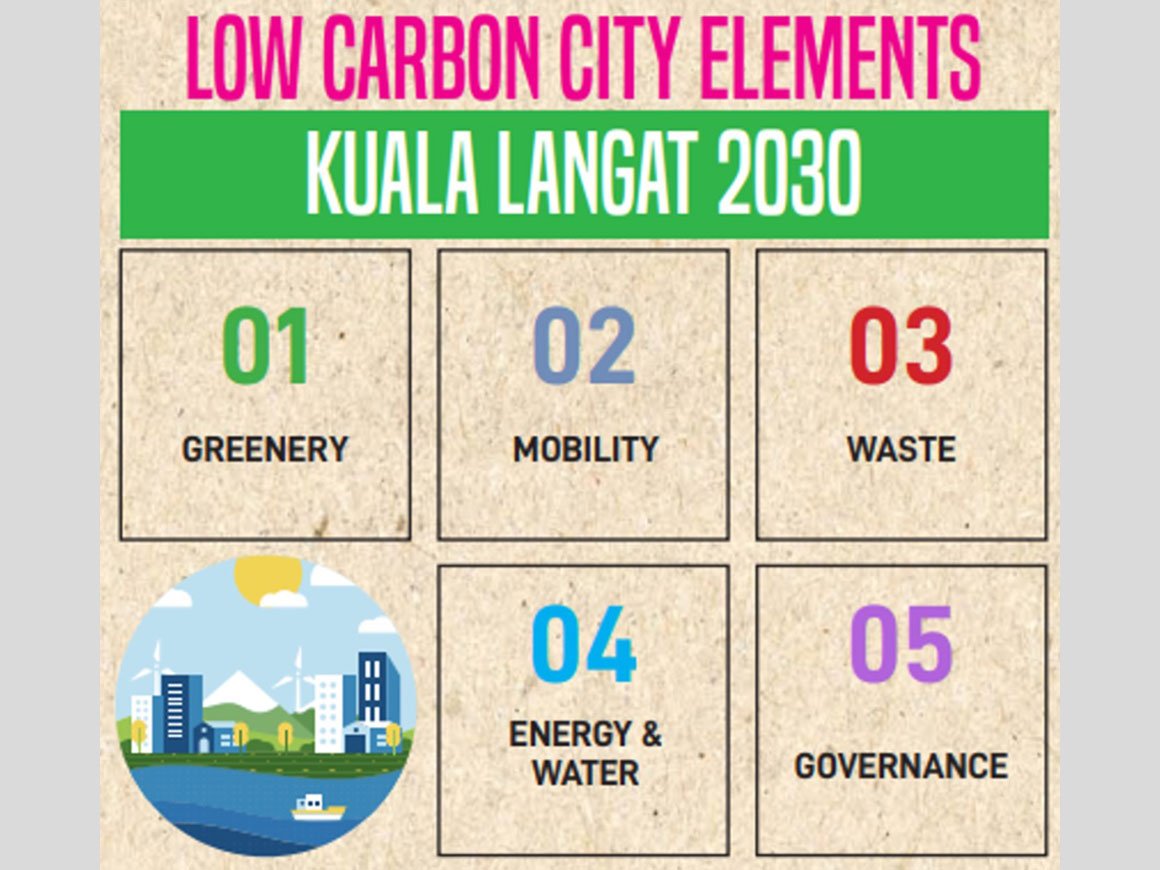
At all of factories, we are working to reduce the amount of materials and resources needed in the semiconductor manufacturing process, reduce waste, and recycle.
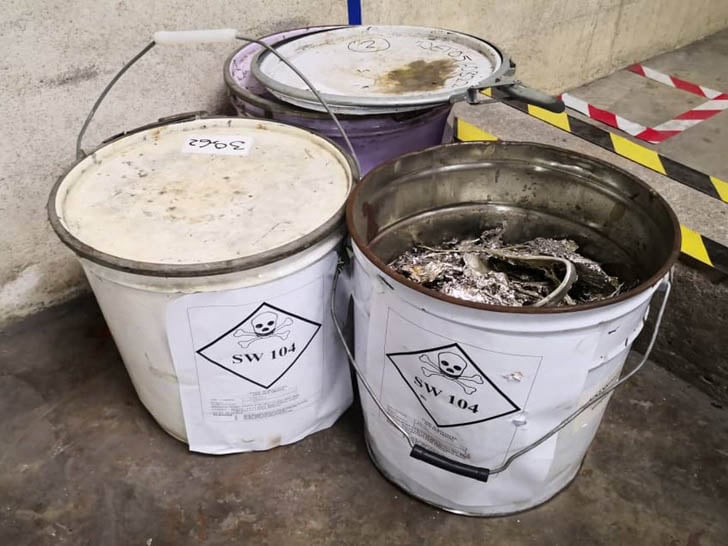
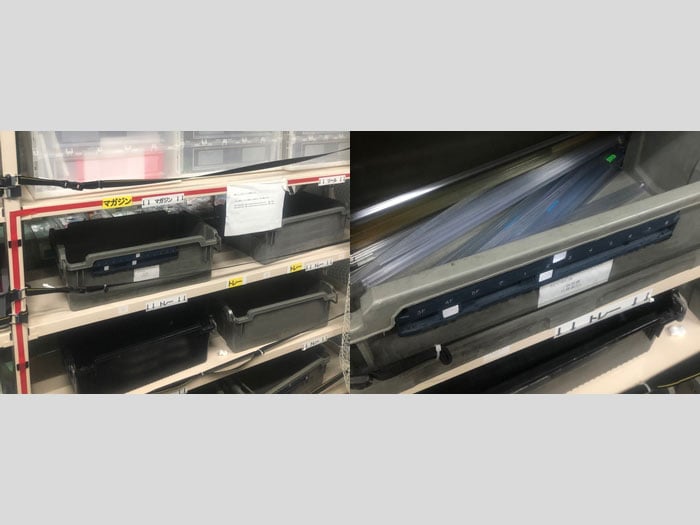
Regularly raise employee awareness through environmental education, sharing of environmental information, and campaign activities at each site.
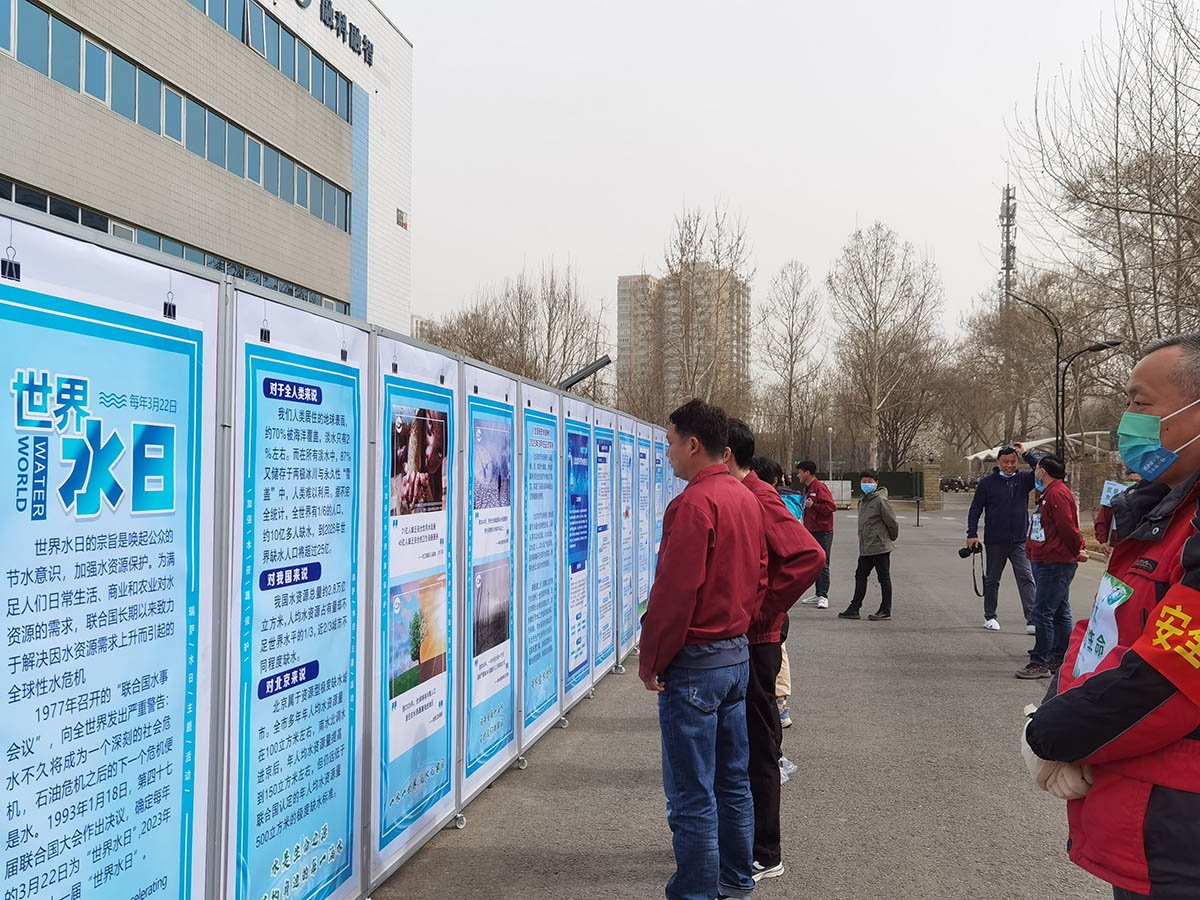
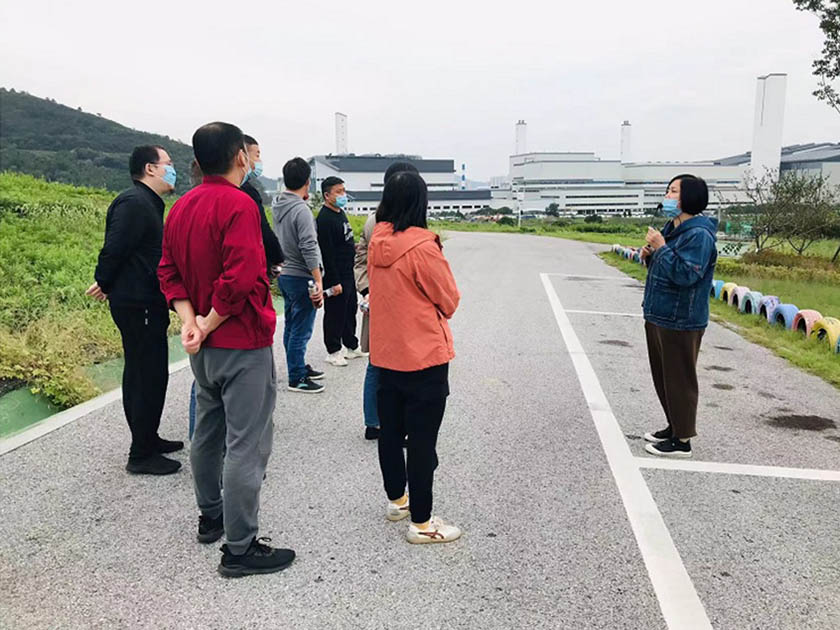
Renesas also emphasizes environmental initiatives in its employee cafeteria.
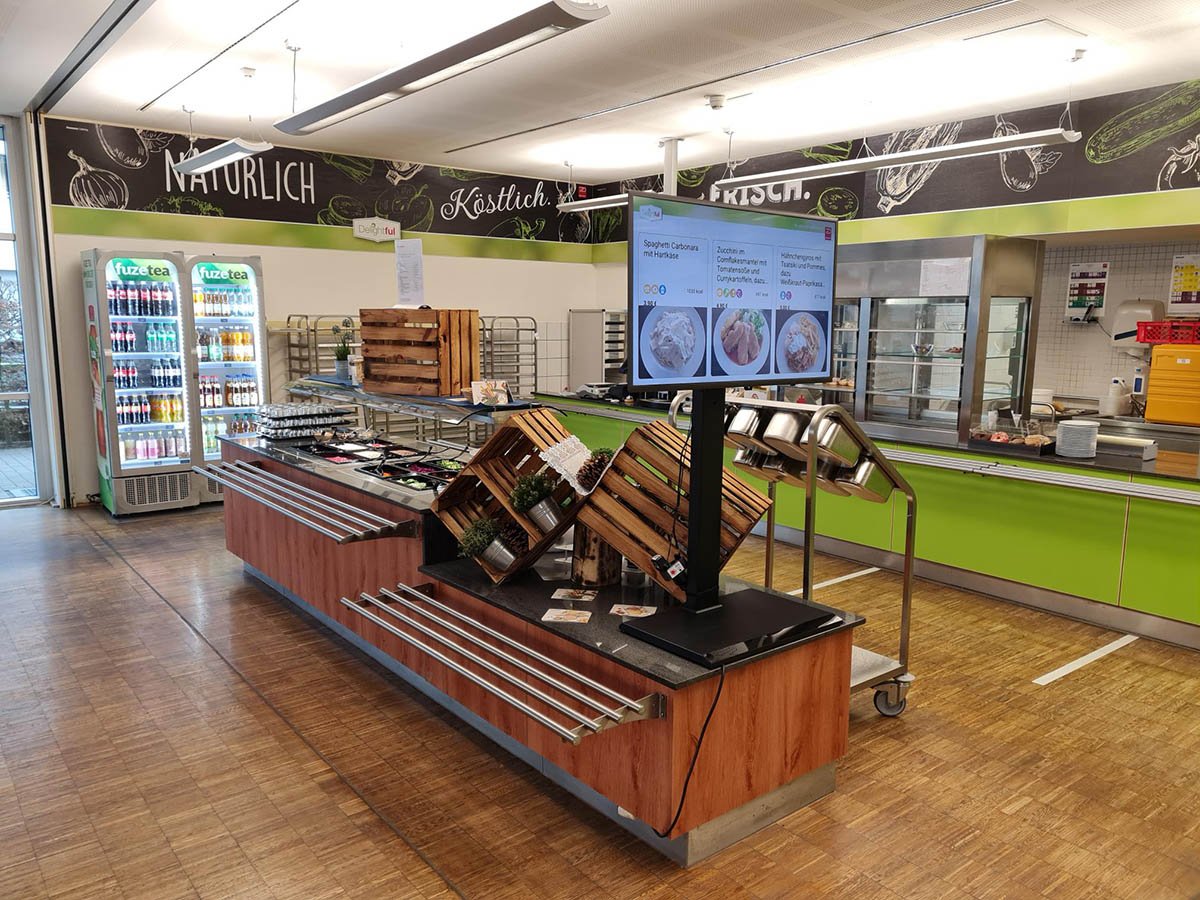
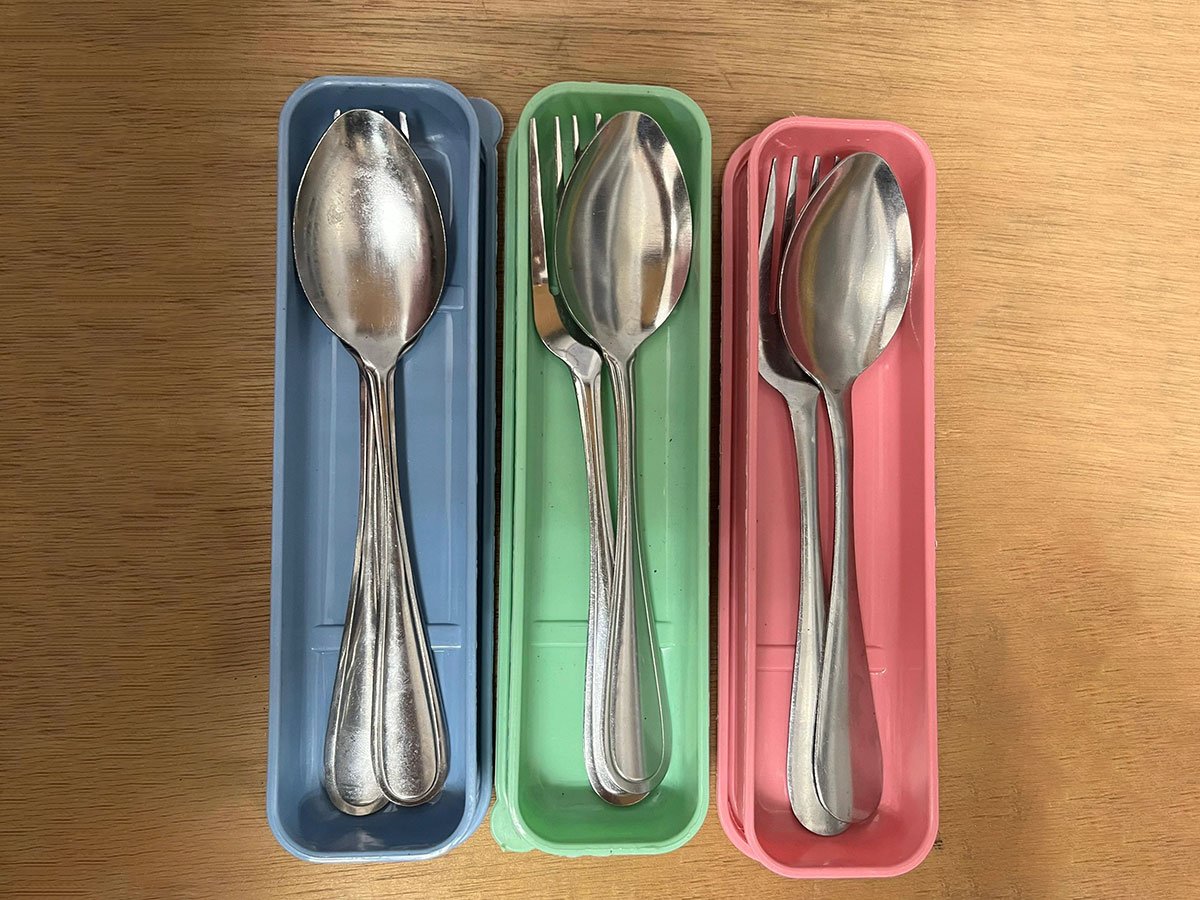
Renesas Biodiversity conservation Activity Evaluation for FY2023
Renesas evaluates its biodiversity conservation activities based on the average scores of self-assessment at each site.
In the fiscal year 2023, marking the second year of evaluation, Renesas assessed a total of 15 sites globally, including manufacturing bases outside Japan. Biodiversity conservation efforts at overseas manufacturing bases, in addition to those in Japan, were actively pursued, resulting in improved scores across all indicators compared to the previous year.
In terms of site comparison, two sites in Malaysia stood out, implementing a wide range of activities from on-the-ground conservation of soil and natural environments to coordination with local authorities and raising employee awareness. Particularly, the Penang FIZ3 Site received the highest rating. Additionally, the Beijing Factory and Nishiki Factory, which engage in region-specific activities such as water conservation campaigns and protection of endangered species, also received high ratings. Furthermore, the Yonezawa Factory, which introduced energy-saving facilities and initiated off-site cleaning activities, saw significant improvements in ratings from the previous year.
Moving forward, Renesas will continue to promote information sharing to sustain biodiversity conservation activities and enhance the quality of these efforts. The company remains committed to contributing to biodiversity conservation across its entire operations.
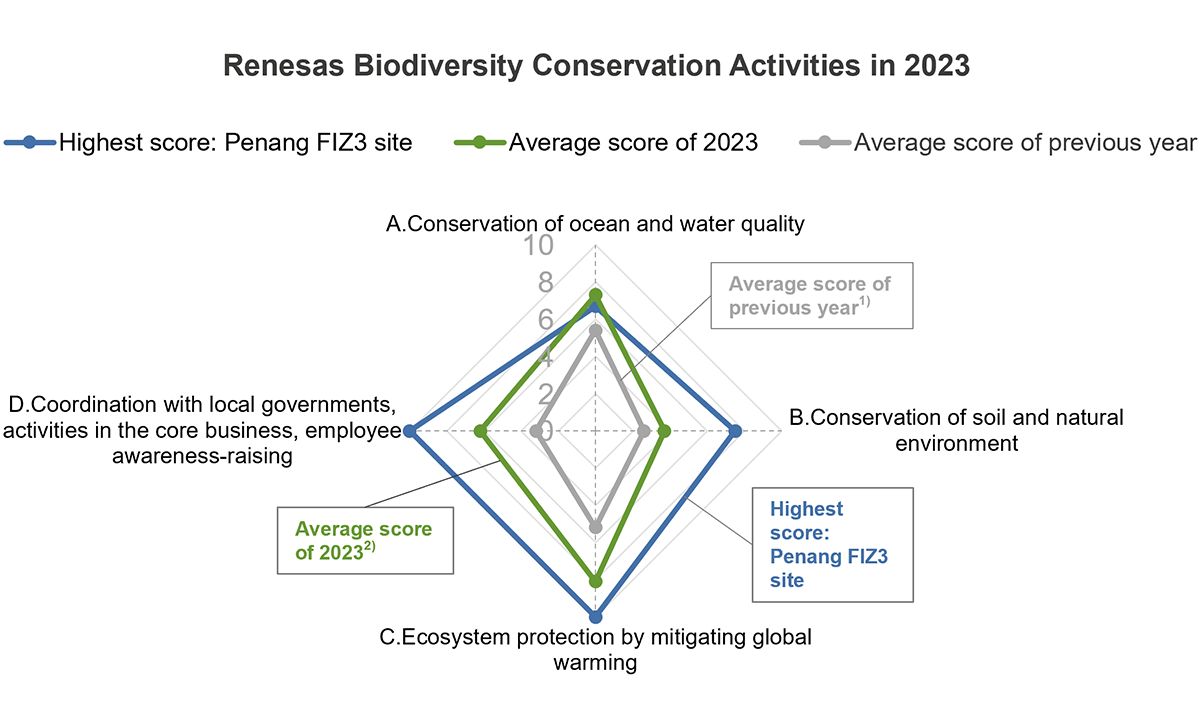
1) Average score for 1 office and 7 factories in Japan (Headquarters, Naka, Takasaki, Saijo, Kawashiri, Yonezawa, Oita, Nishiki)
2) Average score of above plus the following 7 factories outside Japan (Beijing, Suzhou, Kuala Langat, Penang FIZ2, Penang FIZ3 Site, Palm Bay, Dresden Site)
Contributing to SDGs
Renesas’ efforts in Biodiversity Conservation Activities contributes to these Sustainable Development Goals targets:

11.6 By 2030, reduce the adverse per capita environmental impact of cities, including by paying special attention to air quality and municipal and other waste management

12.4 By 2020, achieve the environmentally sound management of chemicals and all wastes throughout their life cycle, in accordance with agreed international frameworks, and significantly reduce their release to air, water and soil in order to minimize their adverse impacts on human health and the environment.

12.5 By 2030, substantially reduce waste generation through prevention, reduction, recycling and reuse.

13.3 Improve education, awareness-raising and human and institutional capacity on climate change mitigation, adaptation, impact reduction and early warning.

14.1 By 2025, prevent and significantly reduce marine pollution of all kinds, in particular from land-based activities, including marine debris and nutrient pollution.

15.3 By 2030, combat desertification, restore degraded land and soil, including land affected by desertification, drought and floods, and strive to achieve a land degradation-neutral world.

15.4 By 2030, ensure the conservation of mountain ecosystems, including their biodiversity, in order to enhance their capacity to provide benefits that are essential for sustainable development.
Environmental Activities
Environmental Initiatives | Environmental Protection Goals |Climate Change Initiatives | Conserving Water | Waste Reduction Efforts | Chemical Substance Use | Eco-Product Initiatives | Eco-Communication Initiatives | Biodiversity Conservation Activities | Environmental Data and Third-Party Verification
